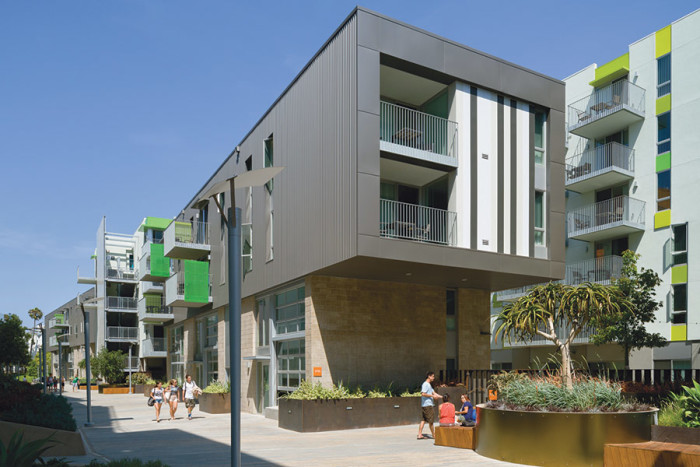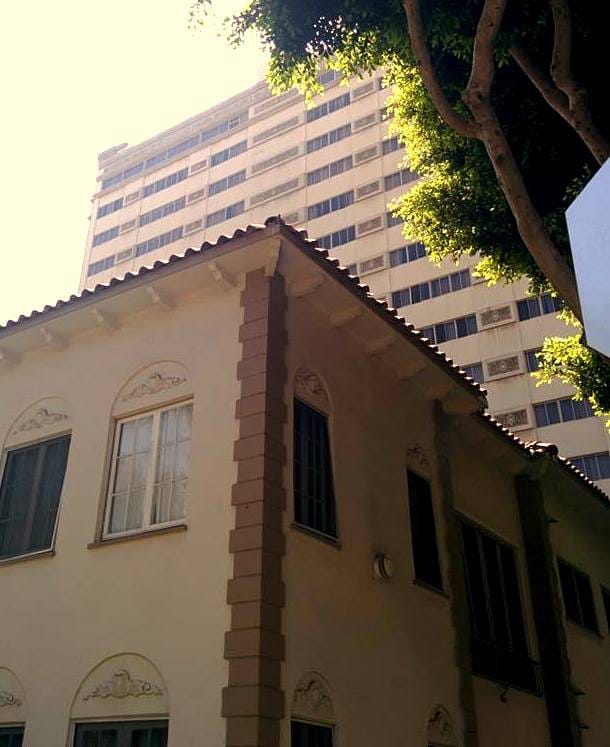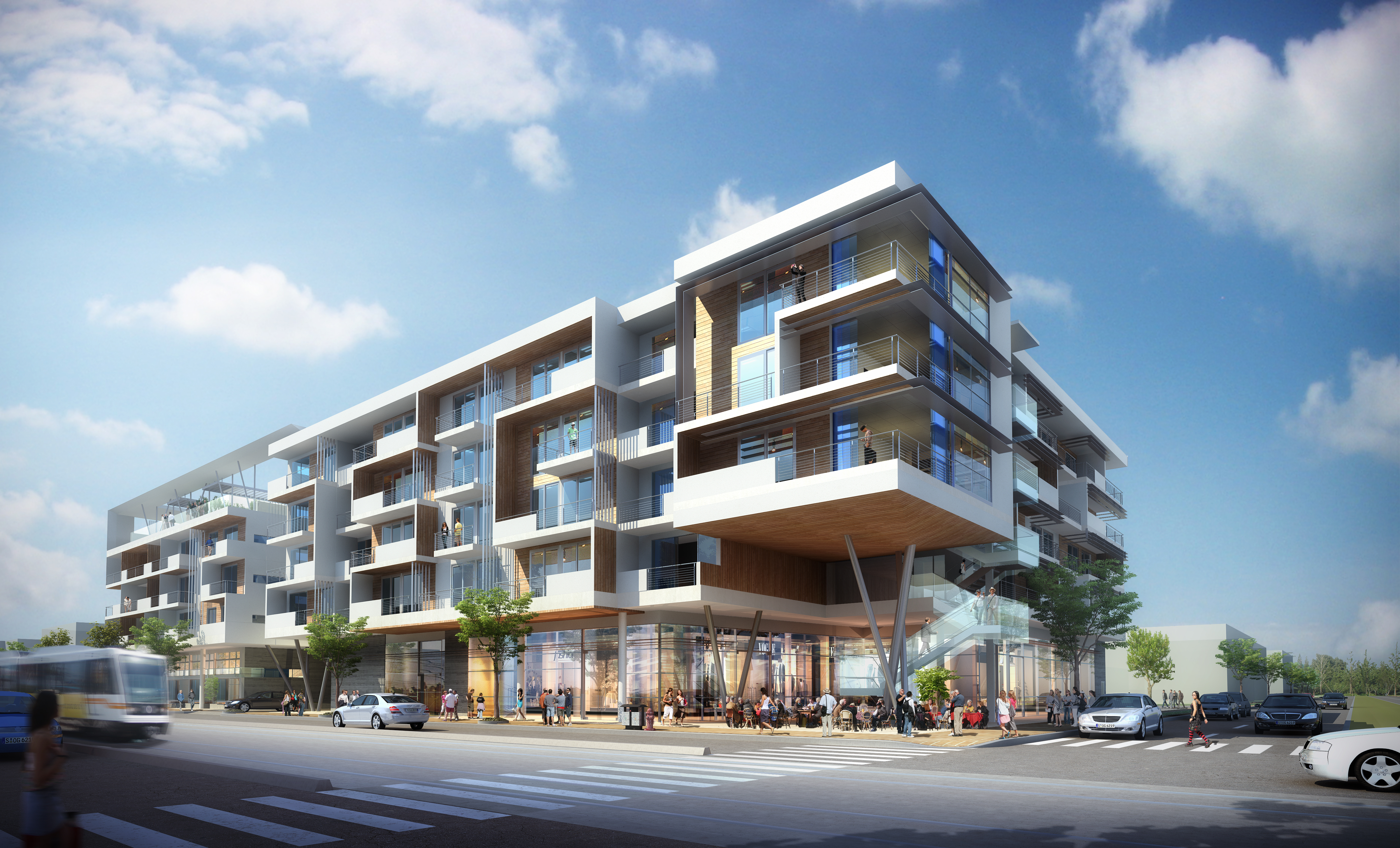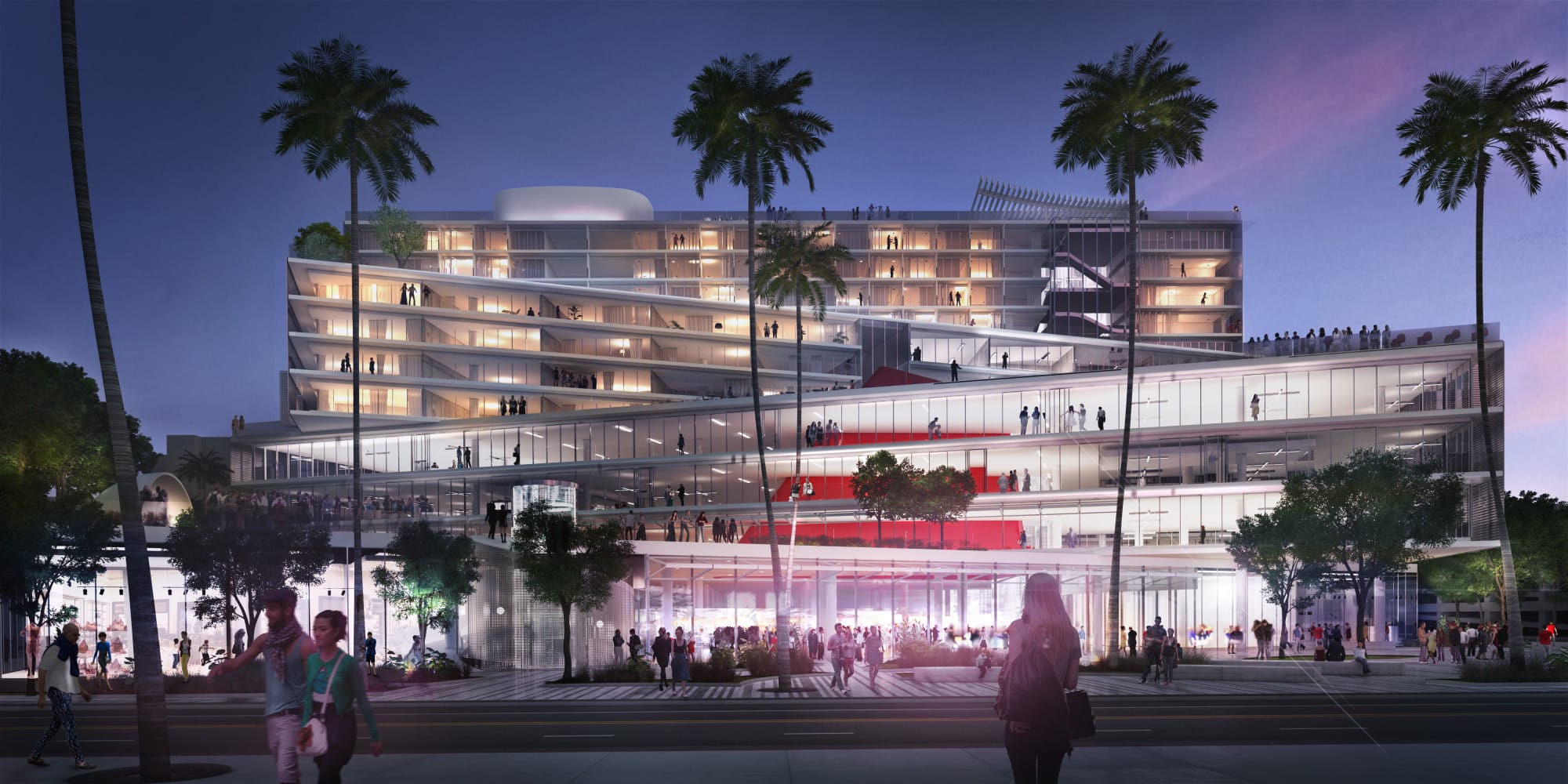
No, this isn’t an out-of-season April Fools joke. The conservative no-growth group, Residocracy, has decided that virtually every project in Santa Monica going forward should be approved by the voters.
The group, whose opposition to the Bergamot Transit Village project brought us the suburban office park we will soon be getting at that site, has launched one of its famous “e-petitions,” calling for a ballot initiative that would, among other things, require a vote for any project proposed over four stories in the Downtown and two-to-three stories elsewhere in the city.
The so-called LUVE (Land Use Voter Empowerment) initiative, if it qualifies for the ballot and is approved by voters, would essentially halt any development, including affordable housing, by requiring a popular vote on those projects.
That last part is what concerns even traditionally slow-growthers.
“Sending virtually all approvals to the ballot would only draw still more developer money into our elections, and further distort the local democratic process,” said Mayor Kevin McKeown about the potential negative consequences of the “LUVE” initiative.
McKeown, who was one of the opponents of the Bergamot Transit Village project along with Residocracy, noted that he is in favor of ballot-box planning when it comes to certain projects, recalling his failed motion at a Council meeting in June 2014 to put projects over a certain height on Ocean Avenue to a popular vote.
At the June 2014 meeting, slow-growth Council member, Ted Winterer, didn’t back McKeown’s initiative because he worried it could have unintended consequences, like making it much harder for housing to get built in the future. The “LUVE” initiative would do the same, only for the whole city.
Winterer told Santa Monica Next today that the proposed initiative would not address the issues it claims it would.
“Since our residential neighborhoods are already zoned for a maximum of two stories, I don’t see how this proposed initiative will stop the gentrification and the demolition of rent-controlled apartments,” he wrote in an email.
“Our zoning doesn’t drive this lamentable loss of our rent-controlled housing: it’s the changes to state law which have undercut our local authority and the market demand for housing which displaces Santa Monicans. In fact, our zoning update recently reduced the financial upside to rebuilding in residential neighborhoods in order to reduce gentrification pressures,” he wrote.
Residocracy’s latest petition is similar to actions taken by other conservative coastal cities like Encinitas. In June 2013, voters in Encinitas narrowly approved Proposition A, which put a blanket cap on height and density of new buildings. However, Encinitas soon came under fire for violating state law, which allows density bonuses in new housing construction when the projects include affordable housing.
In July, the city settled and agreed to allow the density bonuses mandated by state law, but the suit still ended up costing the city $200,000.
Residocracy still hasn’t officially filed its proposed ballot initiative with the City Clerk, which is necessary if the group intends to put it on the ballot, so it’s unclear how serious the group is about taking such an extreme measure. Once they submit it to the City Clerk, the proposed initiative is vetted by the City Attorney to assure that it is legally coherent. At that point, Residocracy could then begin gathering signatures to qualify the “LUVE” initiative for the ballot.
During the fight against the Bergamot Transit Village project, Residocracy and its allies, including former Mayor Denny Zane, Parks and Recreation Commissioner Phil Brock, Santa Monica Coalition for a Livable City (SMCLC), Santa Monicans for Renters’ Rights (SMRR), and a number of local neighborhood groups, convinced voters to sign the petition to overturn Council approval of the project by promising traffic relief and a better project should they succeed.
Now, the city will get a suburban office park across the street from the Expo light rail station instead of the mixed-use neighborhood that was proposed in the Bergamot Transit Village. It is also not likely that there will be any improvement in the traffic conditions in that part of town since the loss of 500 housing units — about 100 of which would have been deed-restricted affordable — there means people who commute into the area every day won’t have the option to live nearby.
But, with Residocracy on the case to make sure we may never build any more new housing in Santa Monica, the traffic problem is only likely to keep getting worse. That is, if Residocracy succeeds.
Here are just a couple of projects that have already been built and would be prohibited under the “LUVE” or have yet to be built but will likely be killed if the “LUVE” passes.





